9 GPTs for Dog Health Powered by AI for Free of 2026
AI GPTs for Dog Health refer to specialized applications of Generative Pre-trained Transformers tailored to address the nuances of canine well-being. These AI tools are designed to understand and generate human-like text based on input related to dog health, offering advice, information, and support for a variety of topics such as nutrition, exercise, disease prevention, and treatment options. Leveraging the vast knowledge base and learning capabilities of GPTs, these tools provide personalized and context-aware responses, making them a valuable resource in the field of veterinary medicine and pet care.
Top 9 GPTs for Dog Health are: Dog Facts 🐶,Dog Trainer Assistant,Paw Bible,Veterinario de Perros,OpenDog,PuppyPalGPT,Canine Caretaker,DogsGPT,わんこGPT
Dog Facts 🐶
Paw-some AI-powered Dog Fact Companion
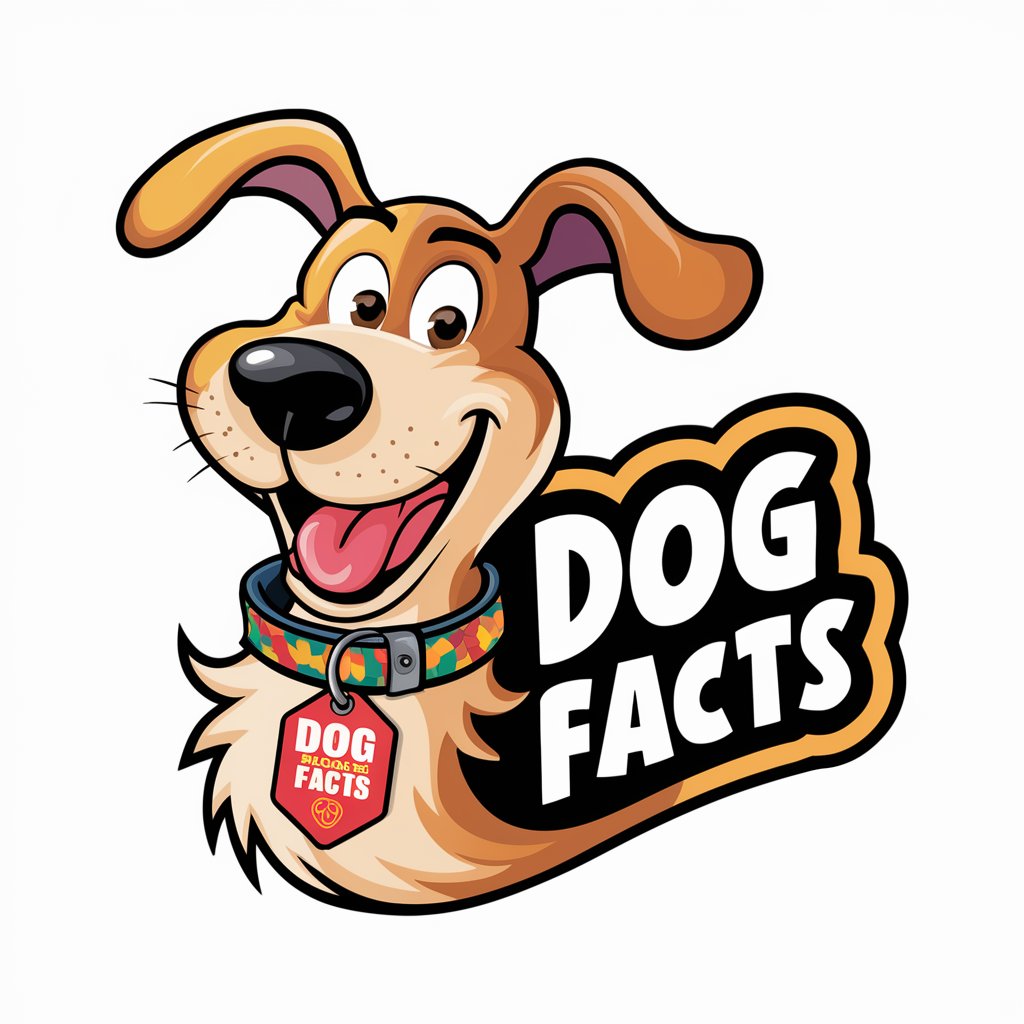
Dog Trainer Assistant
Unleash AI to Train Your Dog
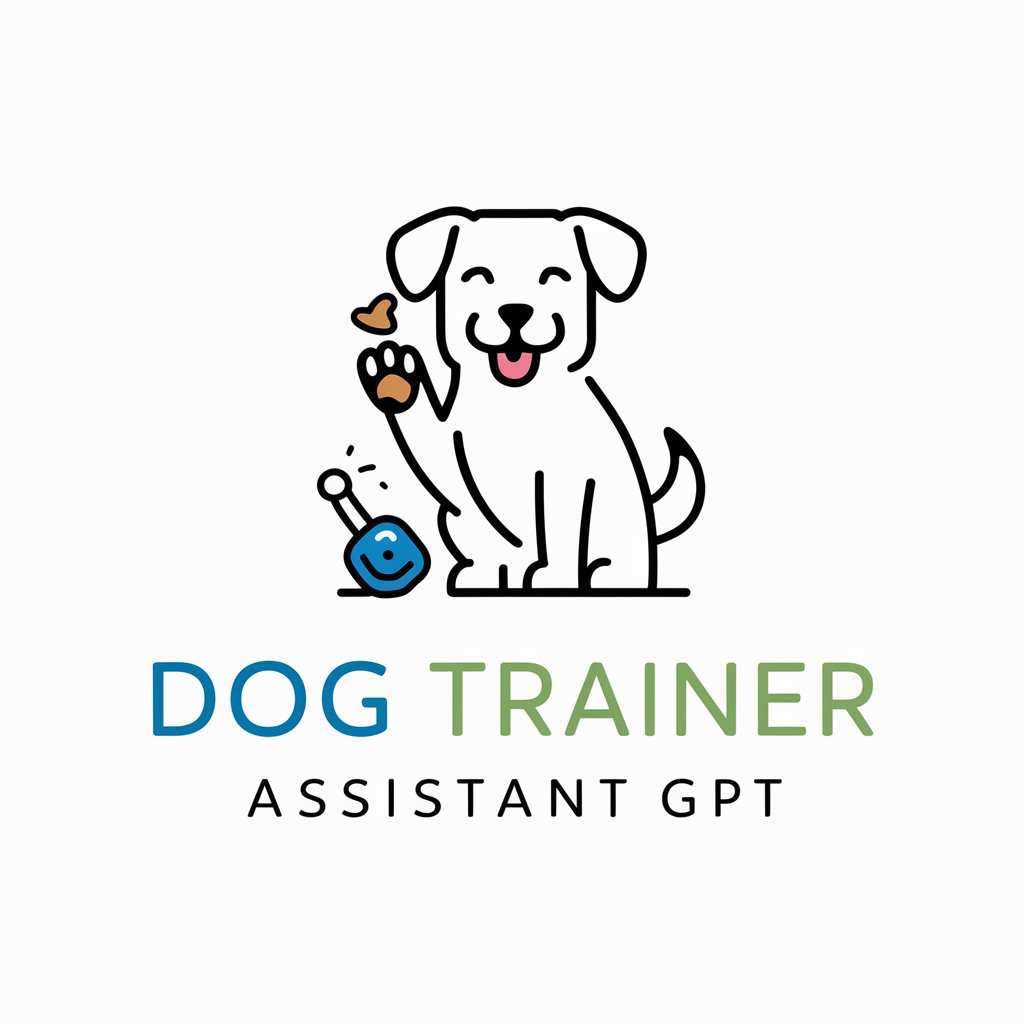
Paw Bible
Personalized AI-Powered Dog Care
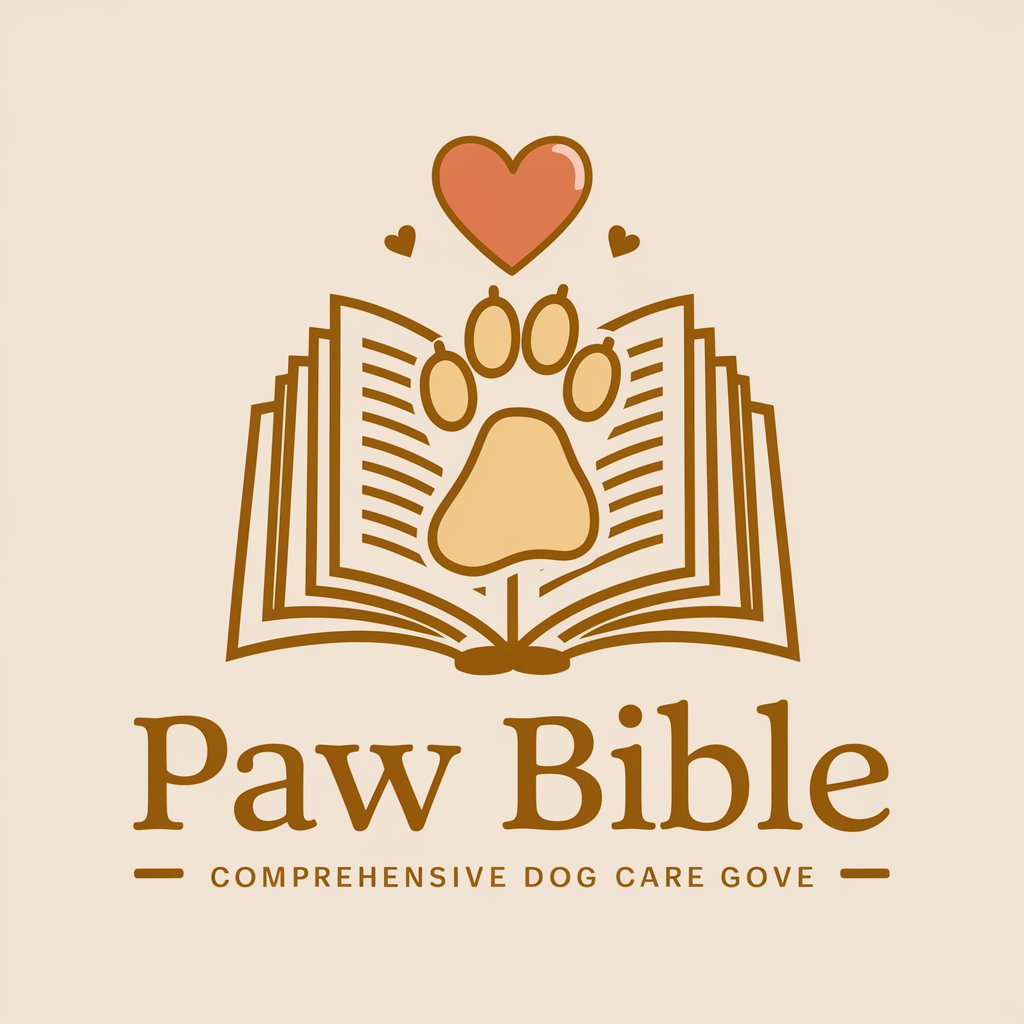
Veterinario de Perros
Empowering dog owners with AI-driven veterinary insights.
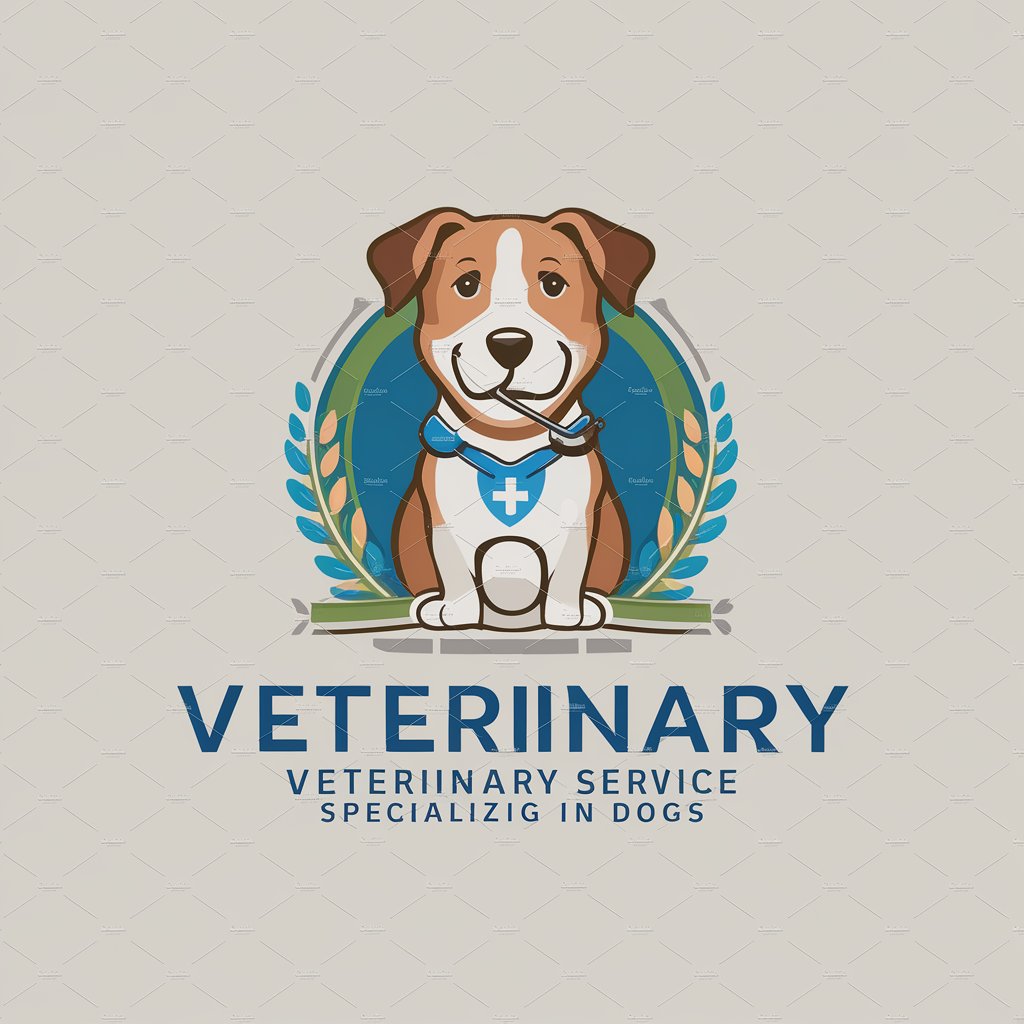
OpenDog
Empowering dog owners with AI-driven advice.
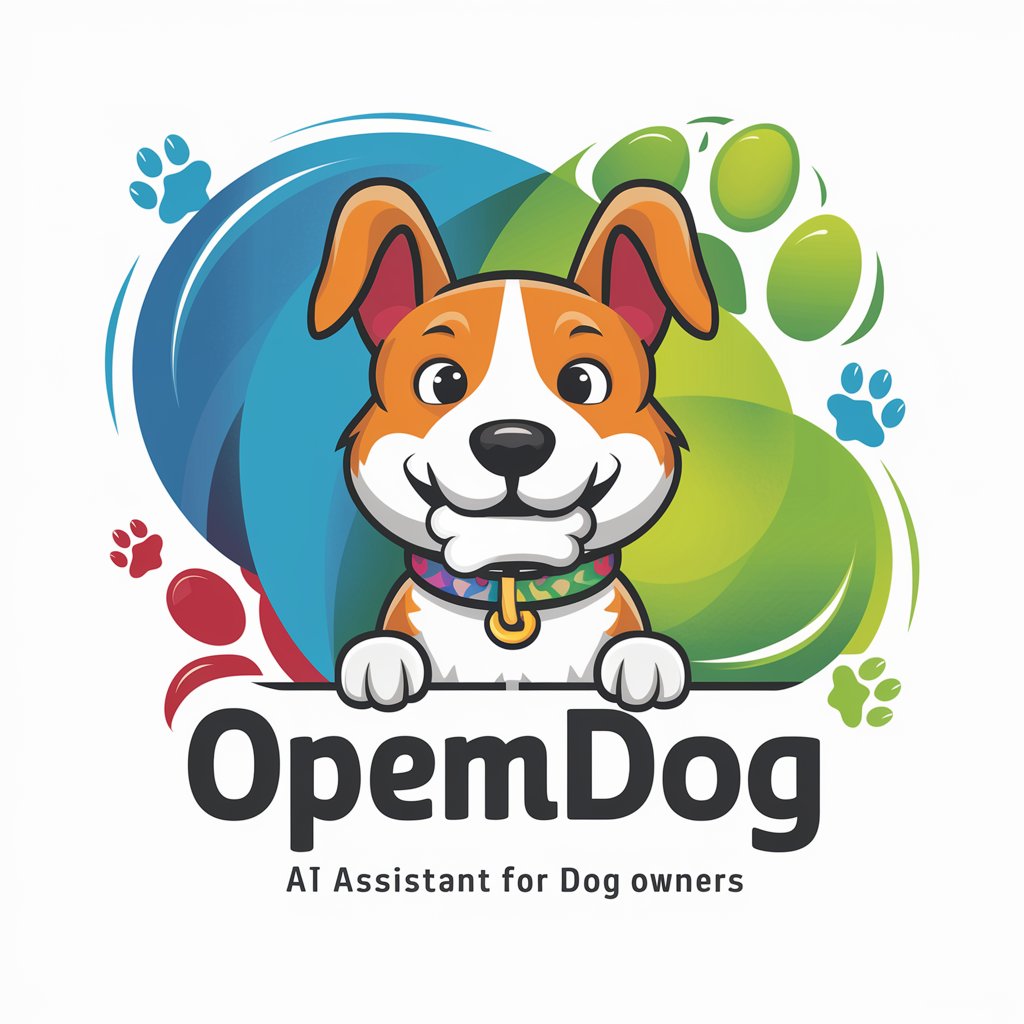
PuppyPalGPT
Expert canine care at your fingertips.

Canine Caretaker
Empathetic AI for Dog Care
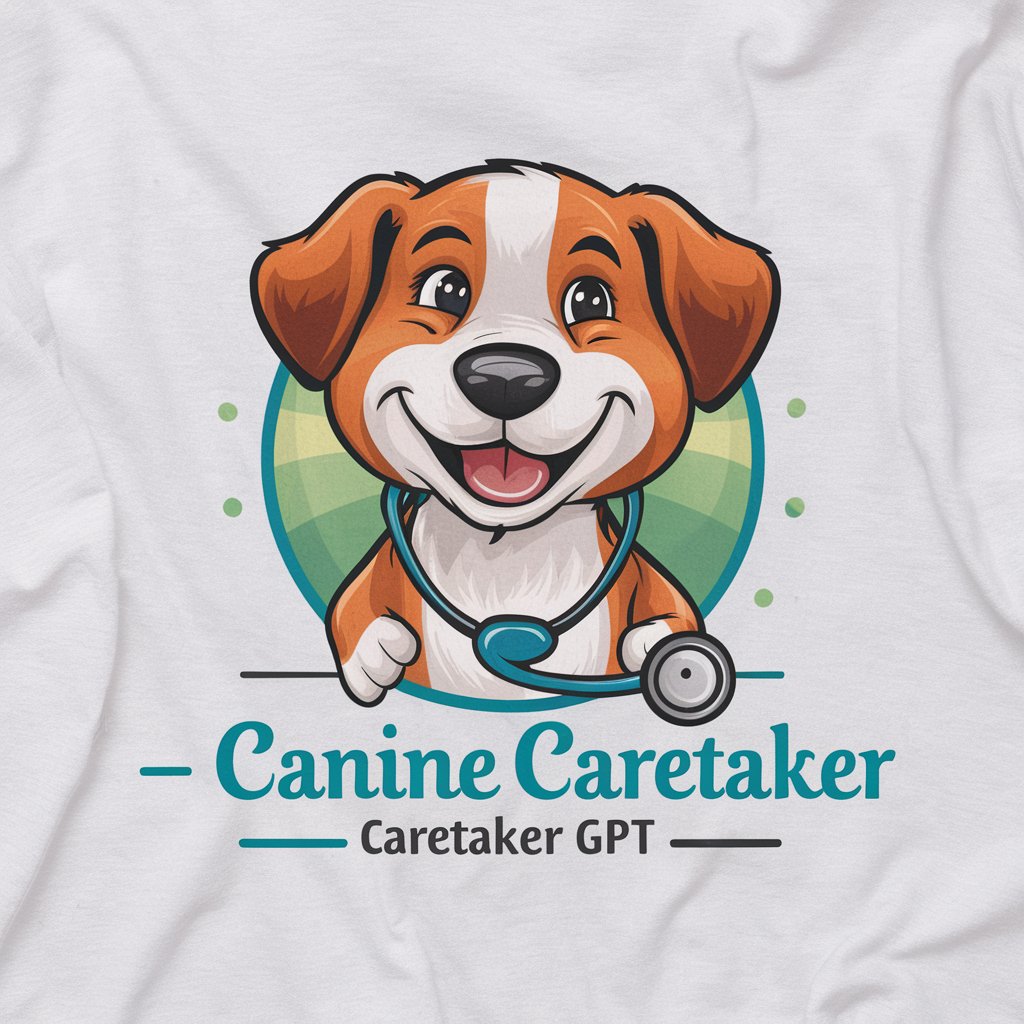
DogsGPT
Unlocking Canine Secrets with AI
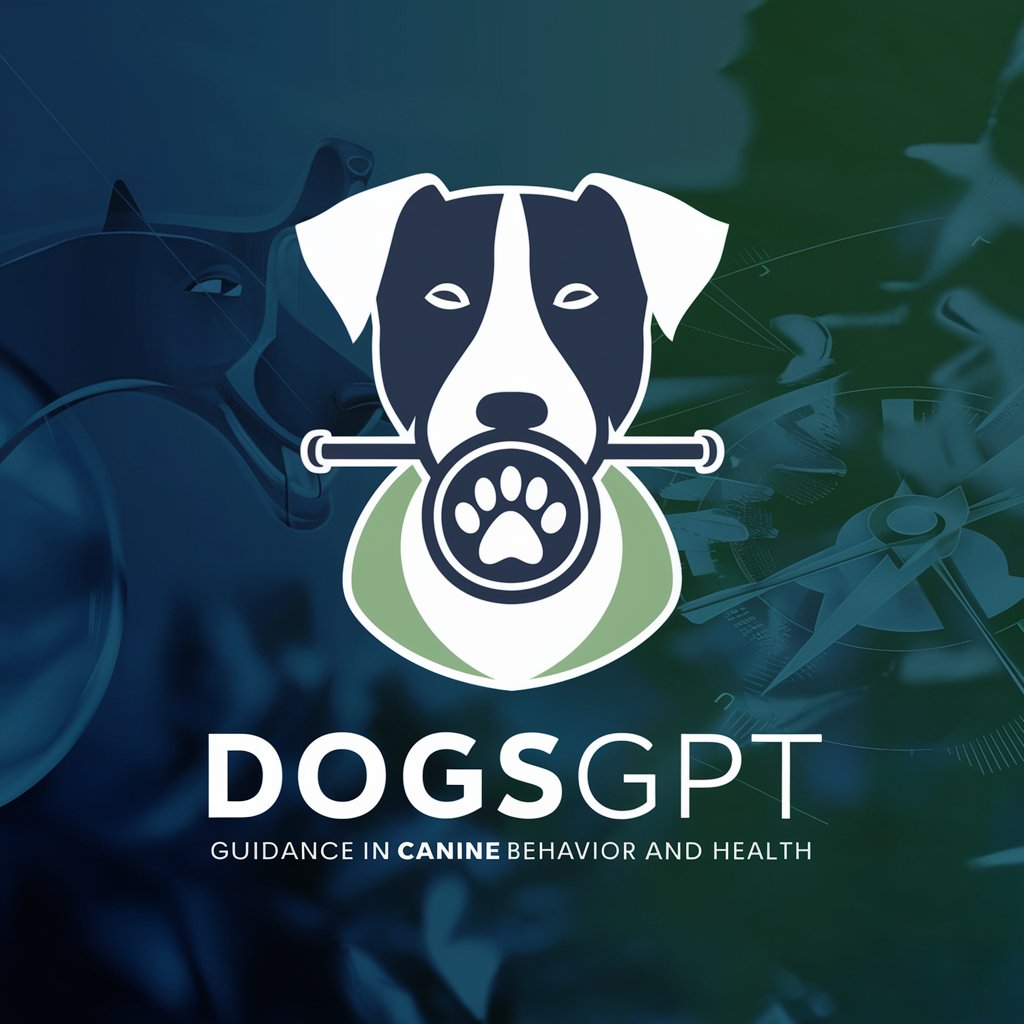
わんこGPT
Empowering dog care with AI
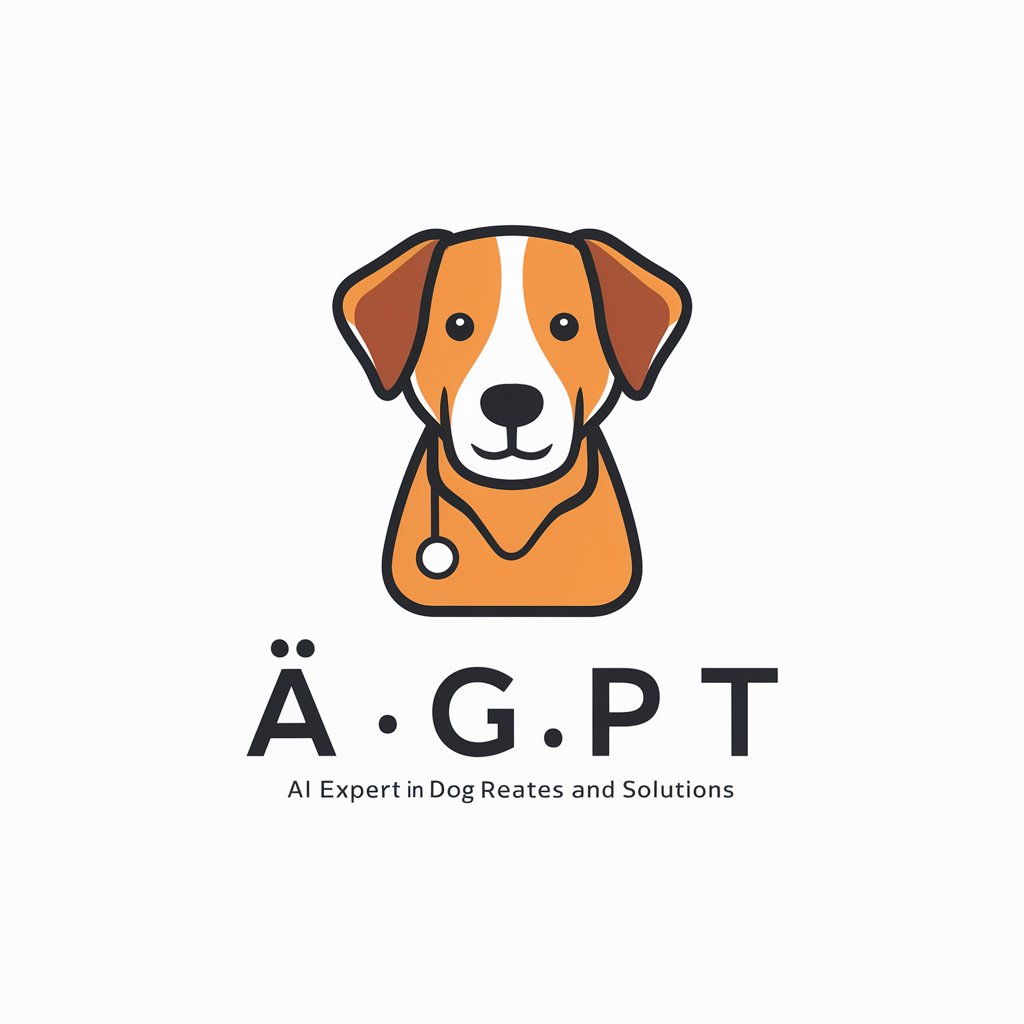
Essential Attributes of AI GPTs in Canine Care
AI GPTs tools for Dog Health are distinguished by their ability to process and generate language-based solutions tailored to canine well-being. Key features include natural language understanding and generation, adaptability to both basic and advanced queries, and a continuous learning mechanism that evolves with new information. Specialized functions may encompass symptom analysis, care recommendations, integration with veterinary databases for up-to-date medical advice, and interactive Q&A sessions for pet owners. Advanced models might also support multimedia inputs like images for more nuanced health assessments.
Who Benefits from Canine Health AI?
The primary users of AI GPTs for Dog Health range from pet owners seeking everyday advice to veterinary professionals requiring assistance with complex cases. These tools are accessible to individuals without technical backgrounds, thanks to user-friendly interfaces, while offering extensive customization capabilities for tech-savvy users and developers. This inclusivity ensures that a wide audience can leverage AI support in promoting the health and well-being of dogs.
Try Our other AI GPTs tools for Free
Sales
Unlock the potential of your sales strategy with AI GPTs. Automate tasks, enhance customer engagement, and gain data-driven insights to drive success.
Instagram Marketing
Discover how AI GPTs transform Instagram marketing with tailored content creation, audience insights, and strategic advice. Perfect for marketers at all levels.
Endowment Strategy
Discover how AI GPTs revolutionize endowment strategy with tailored analytics, optimizing investment returns and ensuring fund sustainability.
Tech Commercialization
Discover how AI GPTs are revolutionizing Tech Commercialization with adaptable tools for market research, product development, and strategic insights, designed for both novices and experts.
Recycling Guidelines
Discover AI GPTs for Recycling Guidelines: innovative tools designed to transform recycling practices through tailored AI solutions, enhancing knowledge, and promoting sustainability.
Household Waste
Discover how AI GPTs for Household Waste can transform your approach to waste management with smart, AI-driven solutions tailored for recycling and reducing environmental impact.
Extended Perspectives on AI and Canine Welfare
AI GPTs for Dog Health represent a convergence of technology and veterinary science, offering innovative solutions for pet care. These tools not only facilitate immediate access to health information but also encourage proactive management of a dog's well-being. The integration of AI in this field underscores the potential for technology to enhance the quality of life for pets and provide peace of mind for pet owners.
Frequently Asked Questions
What exactly are AI GPTs for Dog Health?
AI GPTs for Dog Health are advanced AI systems programmed to understand and generate responses on topics related to canine health, providing tailored advice and support.
How can these tools benefit my dog's health?
These tools offer personalized advice on nutrition, exercise, and health care, helping you make informed decisions about your dog's well-being.
Do I need technical skills to use these AI tools?
No, these tools are designed with user-friendly interfaces, making them accessible to individuals without any coding skills.
Can veterinarians use these AI tools?
Yes, veterinarians can use these tools for additional insights into complex cases, symptom analysis, and staying updated with the latest medical information.
Are the AI GPTs' responses based on up-to-date information?
Yes, AI GPTs continuously learn and update their knowledge base from a wide range of sources, ensuring the information provided is current.
Can AI GPTs diagnose my dog's health issues?
AI GPTs can provide preliminary advice based on symptoms described but should not replace professional veterinary diagnosis and treatment.
How do these tools adapt to new information or research?
AI GPTs are designed to continuously learn and integrate new data and research findings into their knowledge base, improving accuracy over time.
Can I integrate these AI tools with other pet health apps?
Depending on the specific tool and its compatibility features, it may be possible to integrate AI GPTs with other pet health applications for a more comprehensive health management system.